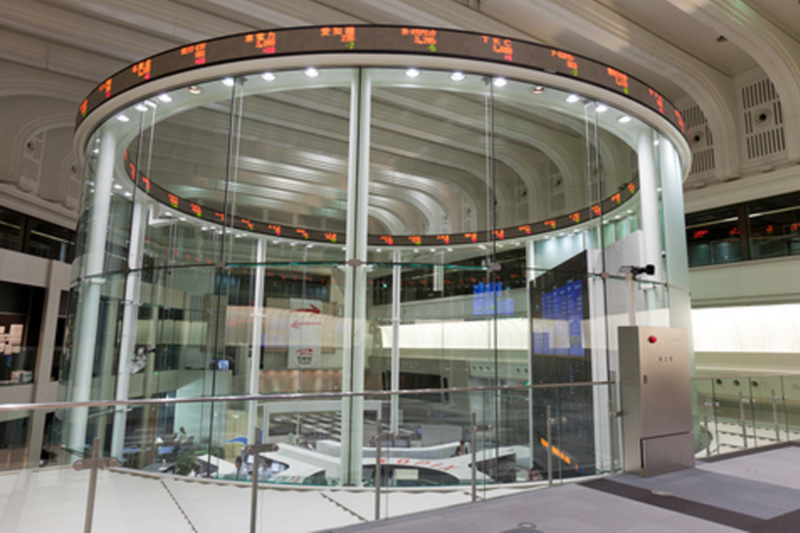Investing.com - Asia shares fell Thursday, led by Tokyo in sympathy with a steep fall in global markets overnight and a selloff in the dollar.
The Nikkei 225 fell 1.5% in early trade, while Korea's KOSPI index was also off 0.6% and Australia's S&P/ASX 200 was down 0.4%.
Among major Japanese exporters, Honda Motor Company Ltd (TOKYO:7267) was down 3.2%, while Tokyo Electron Ltd. (TOKYO:8035) was off 1.8% as the yen retraced earlier weakness, though support was mild on a central bank inflation survey.
The Bank of Japan Thursday released data on the inflation outlook measured in CPI among companies polled in its quarterly Tankan survey for September that showed an expected 1.5% rise in CPI in the coming year, unchanged from their average forecast in the previous.
The figures suggest companies are skeptical about the BoJ hitting the stable 2% inflation target during fiscal 2015 ending on March 31, 2016.
Overnight, U.S. stocks fell on concerns third-quarter earnings may disappoint, while soft U.S. data also pushed stock prices lower.
The Dow 30 fell 1.40%, the S&P 500 index fell 1.32%, while the NASDAQ Composite index fell 1.59%.
Earnings season is fast approaching, and fears that soft European and Chinese economies may affect U.S. top lines sent stock prices falling on Wednesday, especially on concerns that the Federal Reserve will wind up its monthly bond-buying program later this month.
Fed stimulus tools such as asset purchases aim to suppress long-term interest rates, which makes stocks attractive while such programs are in place.
A mixed bag of economic indicators in the U.S. took its toll on stock prices as well.
The Institute of Supply Management reported earlier that its manufacturing index fell to 56.6 in September from 59.0 in August. Economists had expected the index to decline less and come in at 58.5.
The employment sub-index slowed to 54.6 from 58.1 in the previous month, while the new orders sub-index fell to 60.0 from 66.7.
At the same time, separate data revealed that U.S. construction spending fell 0.8% in August to an annual rate of $960.96 billion. Analysts were expecting a decline of only 0.5%, and the day's data gave a few investors room to sell the greenback for profits.
Elsewhere on Wednesday, data showed that the U.S. private sector added more jobs than expected in September, though stocks focused on global issues.
Payrolls processor ADP reported that the U.S. private sector added 213,000 jobs last month, just ahead of expectations for jobs growth of 210,000. The economy created 202,000 jobs in August.
In other news, reports that the Ebola virus has arrived in the U.S. added to the selloff, especially by hitting airline, cruise lines and other stoicks on fears people will avoid traveling.
On Thursday, the U.S. is to publish the weekly report on initial jobless claims as well as data on factory orders.
